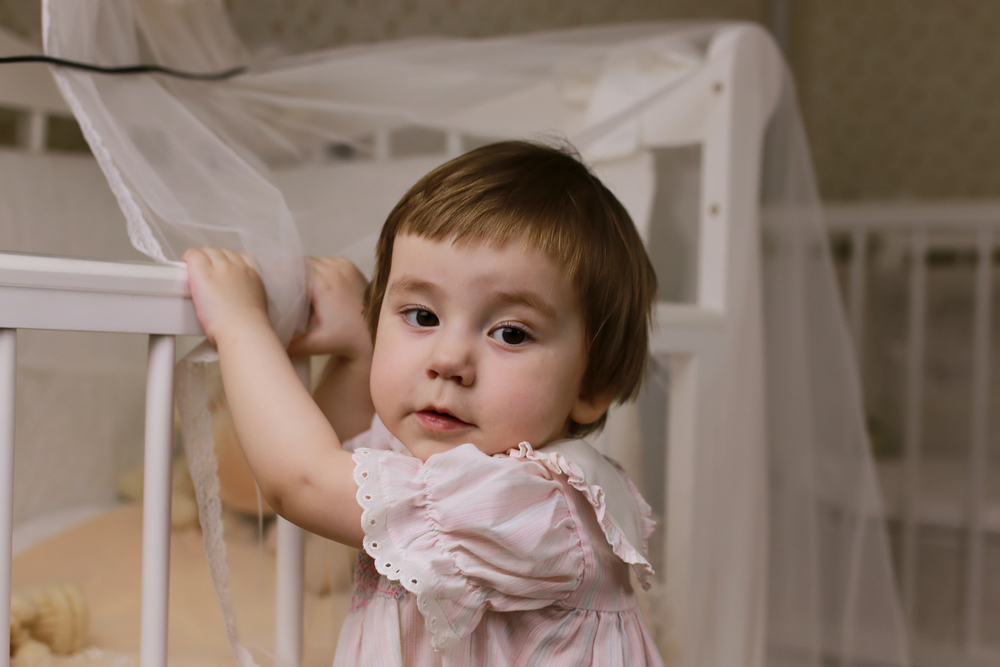Radboudumc pioneers method to spot genetic disorders in kids

Dutch scientists at the Radboudumc medical centre in Nijmegen have developed a computer model that uses facial features to diagnose rare genetic disorders in children.
The method, a medical first, is also based on the child’s medical file, and will make determining a disorder quicker, doctors have said.
Some 2% to 3% of children are born with a syndrome caused by a genetic defect which which comes with specific physical characteristics, geneticist Bert de Vries told the AD.
“There are numerous rare syndromes and often parents live in uncertainty about what their child has for a long time. This method can speed up the diagnosis and focus treatment.”
“Once you are sure a child has a certain syndrome and that heart and kidney problems often occur with it, you can be more alert to those happening. If a certain syndrome comes with epilepsy, you can treat attacks earlier following the diagnosis,” De Vries said
It is important parents know what is wrong with their child is the result of a genetic fluke and that they need not worry about having another child with the same syndrome, De Vries said.
The computer model, developed by the Radboudumc artificial intelligence department, is based on a self-learning algorithm.
“We told the computer to recognise some 40 syndromes based on medical data and a scan of the faces of children. It worked surprisingly well, recognising 37 syndromes,” researcher Lex Dingemans said.
The method makes comparisons between children who have rare genetic disorders worldwide easier, De Vries said. “New syndromes come up all the time, and sometimes there are only a dozen cases in the world. Now we can compare a child in Adelaide with a child with a comparable disorder in Rotterdam,” he said.
Thank you for donating to DutchNews.nl.
We could not provide the Dutch News service, and keep it free of charge, without the generous support of our readers. Your donations allow us to report on issues you tell us matter, and provide you with a summary of the most important Dutch news each day.
Make a donation